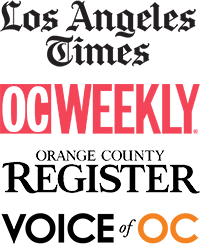
JAMES M. CRAWFORD
Criminal Defense & Appeals Attorney
Ratings


Memberships


Media Coverage


The criminal justice system can be a confusing and overwhelming process, especially if you’re facing criminal charges. Understanding the basic components of criminal procedure can help you navigate the legal system and protect your rights. Here’s an overview of criminal procedure, including pre-trial proceedings and trial procedure.
Pre-Trial Proceedings
After an arrest, the pre-trial proceedings begin. This involves a series of steps that occur before the trial, including:
- Bail hearing: A hearing where the court decides whether to release the defendant from custody and set bail.
- Arraignment: A formal hearing where the defendant is informed of the charges against them and enters a plea of guilty or not guilty.
- Discovery: The exchange of evidence between the prosecution and defense.
- Pre-trial motions: Requests made by the defense or prosecution to the judge regarding the admissibility of evidence or other procedural issues.
Trial Procedure
If the case proceeds to trial, the following procedure occurs:
- Jury selection: The process of selecting a jury to hear the case.
- Opening statements: The prosecution and defense each make an opening statement to the jury outlining their case.
- Presentation of evidence: The prosecution presents evidence to support their case, and the defense presents their evidence to rebut the prosecution’s case.
- Closing arguments: The prosecution and defense each make a closing argument to the jury, summarizing their case.
- Jury instructions: The judge instructs the jury on the law and how to apply it to the case.
- Jury deliberation and verdict: The jury deliberates and reaches a verdict, which is read in open court.
- Sentencing: If the defendant is found guilty, the judge imposes a sentence.
Understanding criminal procedure is essential if you’re facing criminal charges. The pre-trial proceedings and trial procedure are complex and can be overwhelming without an experienced criminal defense attorney by your side. It’s important to know your rights and to seek legal representation as soon as possible. An experienced criminal defense attorney can help guide you through the criminal justice system and ensure that your rights are protected at every step.

